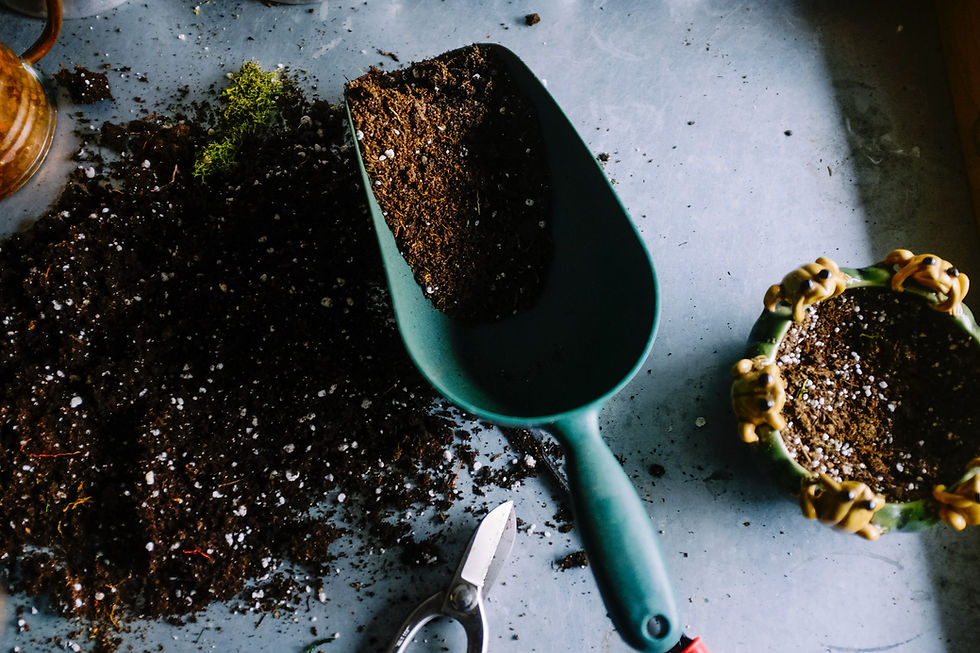Leaky Gut: What is it- and How does it Affect Your Body?
- Aletha Chery
- Aug 18, 2020
- 2 min read
Research has found that unhealthy gut bacteria could contribute to a number of health consequences like gastrointestinal issues, autoimmune disorders, and even mental stress.
What exactly is leaky gut syndrome and how does it affect the body?

The miracle of our digestive system is often overlooked because it deals with the not so pleasant nature of defecation. That part aside, the digestive system affects us more than we first thought. We feel our intuition in our gut. It is here that we experience the feelings of butterflies when in love. The ancient study of the chakras, places the solar plexus, the chakra for personal power and strength right in the middle of our abdomen.
Related: Do You Need to Detox? Take This Self - Assessment Test
The digestive system is responsible for your overall well-being. It breaks down the food you eat into essential nutrients that help repair cells, stimulate growth, and give your body energy. Additionally, your digestive system works in tandem with your immune system. 70 percent of the cells that make up your immune system, are found within your gut. These cells form a colony, or a barrier to prevent harmful bacteria and toxins from entering the bloodstream. When there is an imbalance of good bacteria verses bad bacteria in your stomach, irritation forces the pores in your small intestine to open up and leak undigested particles of food and toxins into your blood. The immune system perceives the undigested food as invaders and begins the attack. Histamine is released resulting in results in unwanted symptoms like inflamation, joint pain, bloating, stomach cramps, indigestion, irritable bowels and acne. Because serotonin (a chemical and a neurotransmitter that influences mood) is concentrated in your gut, a leaky gut can also affects your mood and cause fatigue.
The main 3 contributors that decrease the level of good bacteria in your gut are stress, a prolong use of antibiotics and consuming a diet heavy in processed foods. To restore balance, consuming foods that contain probiotics is a simple way to increase the healthy bacteria in your gut. Foods that have probiotics include yogurt, kefir (a mix between yogurt and milk), fermented teas like kombucha, kimchi, blue algae, soymilk, olives in brine, and pickles. Introducing probiotic supplements to your diet is another effective way of bringing your flora back to balance. There are a number of probiotic supplements avaiable. Ideal choices contain probiotics and digestive enzymes. Together, they aid the digestive process. Enzymes like protease break down the protein and carbohydrates that you eat, amylase breaks down starch, and lactase helps digest milk and dairy food. Glucoamylase and malt diastase also help with overall digestion of your food.
The simplest way to combat leaky gut and other lifestlye diseases is to eat real food: whole grains, fruits, vegetables, nus and seeds. Replace fast-food with homemade meals. Go meatless 2 times a week, once for breakfast, the other for dinner. Eat the rainbow at every meal, and limit the amount of processed foods that you consume.
.jpg)






Comments